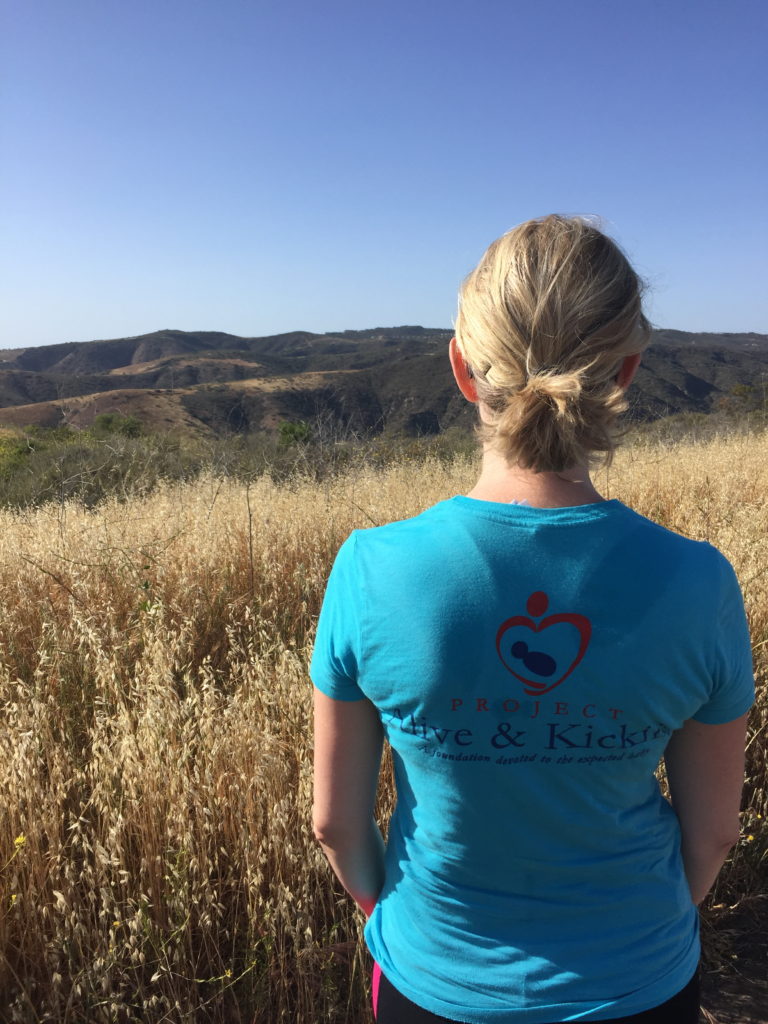In the United States stillbirth refers to the loss of a baby of twenty or more weeks gestation. A stillbirth is the death of a baby before or during delivery. Approximately, one out of 160 pregnancies tragically end in stillbirth. Although the cause of many stillbirths is unknown, many are attributed to any of the following: birth defects and genetic problems, complications with the placenta or the umbilical cord, or possibly maternal diabetes, high blood pressure or obesity. No race, income level, age group or ethnicity is immune to stillbirth. However, there are risk factors that may increase the likelihood of stillbirth.
Did you know Postpartum Post-Traumatic Stress Disorder (PTSD) is more common in women who have had a problematic childbirth (including miscarriage, stillbirth, unplanned C-section, prolapsed cord, forceps deliver, or transfer of the newborn to the NICU), and in women who worry about childbirth, have experienced prior childbirth trauma, or have a history of PTSD? Symptoms may include constant anxiety, nightmares, avoiding people and places, and flashbacks to the traumatic experience.
Currently, Arizona State University researchers are studying how yoga affects women suffering from Post-Traumatic Stress Disorder after a stillbirth as covered in “ASU studying effects of yoga on mothers with stillborn children.” One of the researchers is Jennifer Huberty, an associate professor at ASU, whose own daughter was stillborn. Huberty went to grief counseling after her stillbirth, but it didn’t help her overcome the tragedy. She finally found peace and felt free by attending yoga classes.”
Could online yoga courses help women who gave birth to a stillborn child?
“ASU is partnering with Udaya in the study. The online yoga company has over 500 streaming classes on its website. As part of the study, women will be asked to watch and workout to online yoga videos for a minimum of 60 minutes a week.”
“Huberty hopes, one day, doctors will tell women that yoga is be a great option when it comes to stillbirth aftercare.” We look forward to the findings of this study and what can be done to help women who suffer from PTSD as a result of a stillbirth.
If you suffered a loss, don’t suffer alone. Please tell a loved one and call your health care team right away! To learn more about depression before, during and after pregnancy, or for a list of organizations ready to assist you, please visit Womenshealth.gov or call them at 800-994-9662 (TDD: 888-220-5446).

